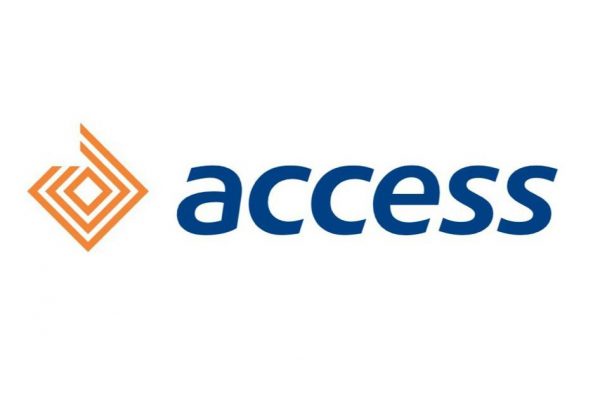In a recent interview on CNBC Africa’s “Closing Bell”, Access Bank’s Head, Sustainability, Omobolanle Victor-Laniyan, discussed the key role of the private sector in the implementation of the United Nations 2030 Agenda for Sustainable Development Goals.
Emphasising the urgent need for private and public players to collaborate in order to meet up with the 10-year timeline for the full implementation of the SDGs, Victor-Laniyan reiterated that it is an onerous task that cannot be expected to be borne alone by the public sector.
He said: “Achieving success in implementation requires a lot of financial investment.
“Research on the estimated cost of eradicating poverty globally pegs it at about $66 billion per year.

“The annual investment required to improve infrastructure, that’s clean water, power, transportation and agriculture, could total to about $7 trillion.
“That is a substantial amount.
“The government alone cannot tackle the SDGs at the national level.
“Businesses and private institutions have a key role to play.”
With Nigeria still navigating an economically crippling pandemic, the path to achieving the SDGs is currently facing several forms of systemic hindrances and other national threats such as terrorism and increased poverty levels.
This development continues to cause a decline in the growth targeted by the United Nations, but as experts have expressed, the situation can be steered towards change with increased participation and partnership from various actors from across the private and public sectors.
Speaking on whether the private sector can respond differently from the public sector in addressing global crises, and more recently the raging global pandemic, Victor-Laniyan opined: “The private sector can behave differently.
“Issues around development offer opportunities for private sector organisations that are innovative.
“Challenges require solutions.
“And as the private sector, we could provide those solutions.
“The private sector can proffer these solutions by innovating appropriately across various SDG areas such as building sustainable cities, climate-smart agriculture, clean energy, improved healthcare and so on.
“All of these require not only the dynamism, but also the funding of the private sector working in very close partnership with governments and communities.”
Victor-Laniyan went on to highlight what businesses stand to gain if they key into applying a sustainability driven business approach, stating: “Organisations that use the SDGs as an overarching framework in shaping and communicating their various strategies, goals and activities, obtain the unwritten the social license to operate and this ultimately leads to profitability.”

